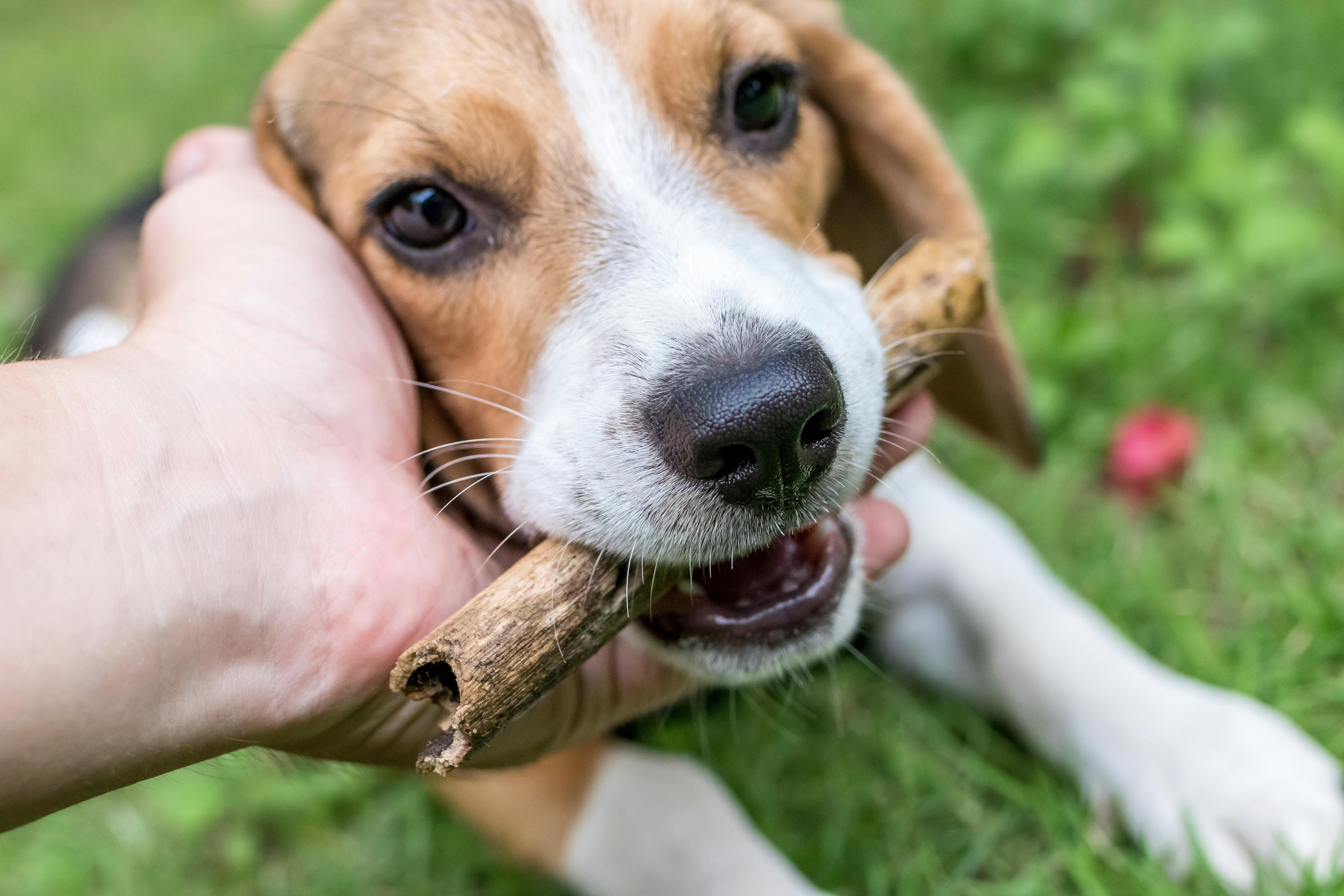When you plan to buy a puppy, you want to get as healthy as possible. Purebreds can be expensive, but enthusiasts will gladly pay for them. One of the conditions that you may want to avoid in your new puppy, especially if you plan to use him for stud in the future, is the presence of an umbilical hernia if you cannot verify if it is real or not. This condition occurs when the contents of the puppy’s abdominal area protrude through his abdominal wall around the belly button. When checking the puppy for a hernia, look for a soft mass, usually irregularly shaped and round, sticking out in the belly button area.
In most cases, the cause of umbilical hernia is unknown. You may need to have your vet check the puppy yourself if he is in doubt about the owner’s statement about the nature of the puppy’s condition. There are generally two causes for this condition: hereditary and late closures.
A true umbilical hernia, the hereditary one, should cause concern for puppy owners, especially those who plan to have breeds of dogs. This condition can be transmitted to their next generations. In this case, a solid circular cartilage may protrude from the pup’s abdominal part that could extend to his diaphragm. This type of hernia can be very difficult to repair surgically and may require a mesh implant.
On the other hand, umbilical hernias caused by late closures can heal over a period of time after birth, usually up to six months. While the pup is still a fetus in its mother’s womb, blood vessels pass from the mother to the pup through the opening in the pup’s belly button. Normally, when the pup is born, the belly button closes. However, when this does not close immediately, an umbilical hernia results and may take time to heal. In some cases, a minor operation is required.
So, is it advisable to pass on puppies with an umbilical hernia? It depends on you. If you are a strict dog breeder, you may want to avoid those with umbilical hernia. But if you just want to own and care for any dog, those with umbilical hernia may touch your compassionate heart. On the other hand, if you are a practical pet owner, you may want to avoid paying the costs of surgery and therapy for the puppy’s umbilical hernia.
Keep in mind, however, that a larger umbilical hernia can cause serious difficulties for your pup. It can cause a loop of the puppy’s intestines to become trapped, leading to life-threatening situations. A sign of strangulated intestine is when the puppy continues to vomit and has abdominal pains. Also, your pup is often depressed and avoids food. The large hernial sac may feel warm as a sign that a part of the intestine has become trapped in it.
True umbilical hernias may also be associated with other hereditary conditions in your pup, such as cleft palates and heart problems. Additionally, male puppies with umbilical hernia may be at risk of cryptorchidism, an abnormal condition at birth in which the testicles (one or both) remain in the abdomen where they developed. The puppy’s testicles must descend into his scrotum at the latest of two months to avoid complications.
So whether or not you stop paying for a puppy with an umbilical hernia is your choice. As long as you are aware of the implications of having puppies with the hernia condition, you can assess whether or not you are up for the challenge of caring for that pet.
